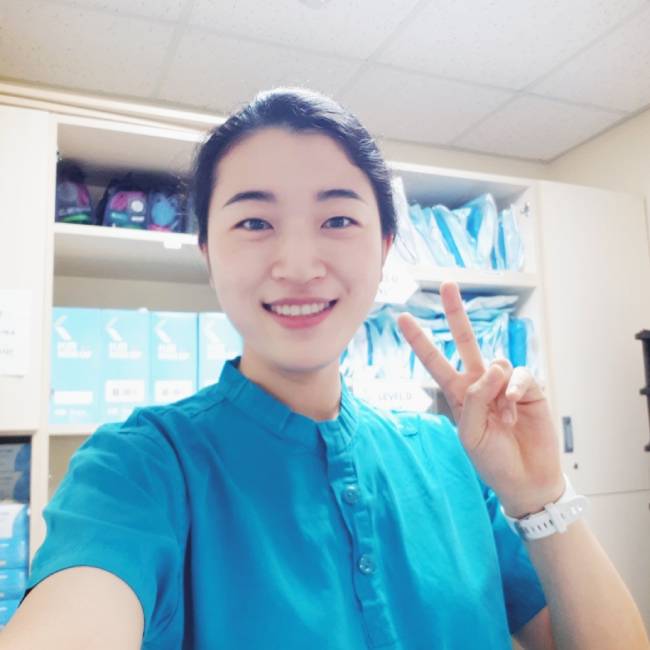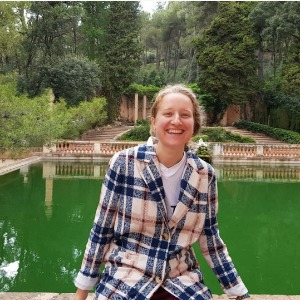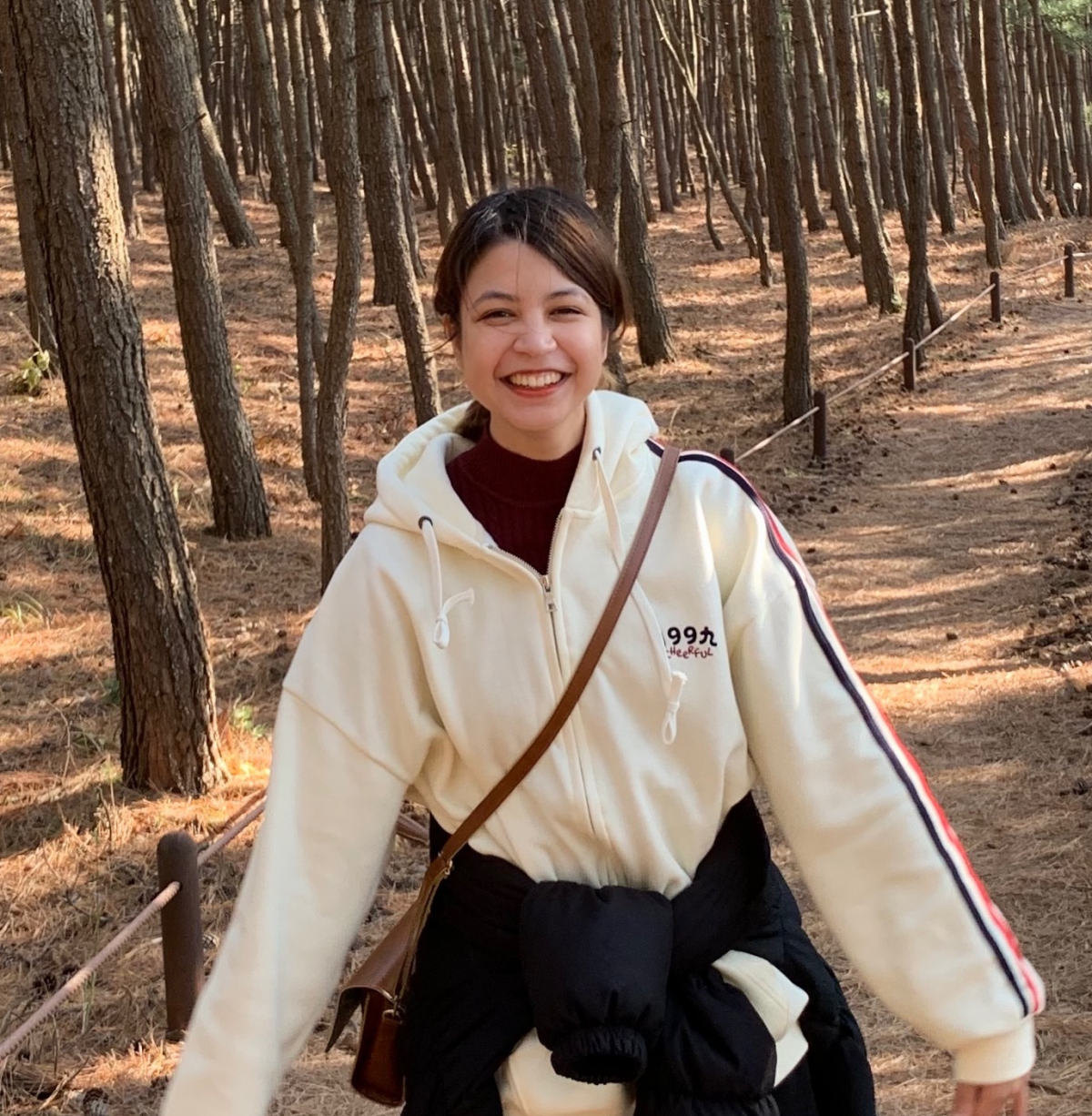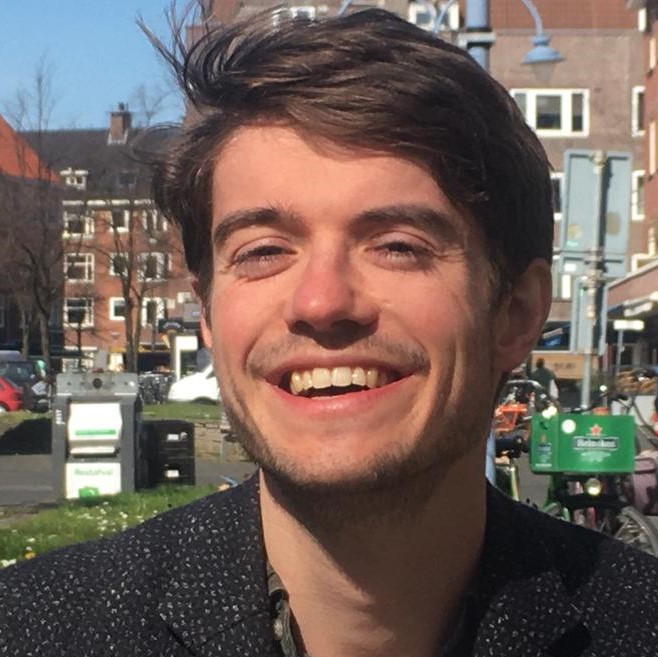Chronicles of an ICU Nurse during Covid-19: The Psychological Impact
Since last summer, I have been taking care of Covid-19 patients in need of intensive care. Here is my story about what it is like to work as a nurse during this pandemic.
South Korea, Eastern Asia
Story by Lee Jayoung. Edited by Stéphanie Hamel
Published on June 8, 2021.
Reading time: 4 minutes
This story is also available in 



Content Warning: This story contains descriptions of ICU patients' physical and psychological degradation due to Covid-19, which might be upsetting to some readers.
I am a nurse and I work at the Intensive Care Unit (ICU) of a large state hospital in Seoul, South Korea. Since last summer, I have been taking care of Covid-19 patients in need of intensive care. Here is my story about what it is like to work as a nurse during this pandemic.
Beyond the effects Covid-19 has on the body, I have noted that the coronavirus has greater psychological effects on ICU patients than other illnesses. Patients are alone in the isolation ward; they cannot see their families and friends. They are ill with this still-very-unknown disease and they lay in bed, contemplating the possibility of death. Being in a hospital room with lighting and background machine noises also means that these patients often have trouble sleeping. They are in a state of constant uncertainty and it is very hard for them. As someone who has to watch these people every day, I find myself struggling too. I am not only their nurse—I have also become their family, their friend. Naturally, this deeply affects me psychologically.
I cannot emphasize enough how important the presence of family members is for a patient. But this pillar of support has been taken away by Covid-19.
Once, I had a patient, an elderly man, who had been at the ward for 3 months. He was in a bad state. Having spent so long in the isolation room, he had major depression. Since his body was also weak, he could not handle long calls with his family, so we decided that calls were allowed only at certain times. Every day, he would beg me to call his family, then he would say he wanted to die. Imagine having to take care of somebody who always tells you that he doesn’t want to live anymore. I cannot emphasize enough how important the presence of family members is for a patient. But this pillar of support has been taken away by Covid-19.
In the ICU, it is not easy to live, but it is also not easy to die. From a physical point of view, patients have tubes sticking out of their body. They suffer from the needles that feed them vital nutrients and cannot move their bodies due to muscle loss. The machines they rely on to survive cause pain that makes it hard to live. I find this incredibly painful to witness. From a psychological stance, they have to suffer shame because they often soil themselves. They feel lonely and miss their loved ones while not knowing if—or when—they will die. Every day, these people have to suffer a pain I cannot fathom.
Sometimes, I wonder if it would not be better if we knew exactly when we will die. Although I have no religion, I wonder when the Grim Reaper will come for my patients, so I can know if I have one more day to save them, to give them the best treatment possible. All I wish is for them to walk out the hospital door, shouting out: “Hurray, I am alive!”
During the past year, many nurses and doctors have quit. Others, who cannot handle the pressure in the ICU ward anymore, asked to be transferred to less stressful departments. Another reason that they are quitting is that we are working with Covid-19 infectees. People outside the hospital view us as a danger and we are marginalized in society.
Although it is hard, I wouldn’t want to take holidays or stop working. The way I fight it all—the physical discomfort and psychological pain—is to think that this experience is all part of my personal development as a human being.
How does this story make you feel?
Follow-up
Do you have any questions after reading this story? Do you want to follow-up on what you've just read? Get in touch with our team to learn more! Send an email to [email protected].
Talk about this Story
Please enable cookies to view the comments powered by Disqus.
Subscribe to our Monthly Newsletter
Stay up to date with new stories on Correspondents of the World by subscribing to our monthly newsletter:
Tags
Topic: Coronavirus
> Netherlands
How the Pandemic Brought Me Freedom
A story by Emily
4 min
This is my personal account of how my life changed during the pandemic. Due to it, or in spite of it. Read more...
> Germany
COVID-19 And the Discussion it Brings
A story by Mira Kinn
4 min English Audio available
Apparently there are differences in the preferences country-wise of “hamstering”, a verb that has become most prominent these days, describing the built-up stock of commodities, food, and beverages. Rumour has it, that France is now short on condoms and wine for example, whereas in Germany it is definitely pasta and…wait for it…toilet paper. I am not sure what this tells about the different mentalities but let it be open to imagination. Read more...
> South Korea
Chronicles of an ICU nurse during Covid-19: The Shortage Issue
A story by Lee Jayoung
4 min
As an Intensive Care Unit nurse in a major state hospital in Seoul, I have been particularly confronted with problems of shortage: shortages of staff, of facilities and of adequate equipment. Read more...
Explore other Topics
Get involved
At Correspondents of the World, we want to contribute to a better understanding of one another in a world that seems to get smaller by the day - but somehow neglects to bring people closer together as well. We think that one of the most frequent reasons for misunderstanding and unnecessarily heated debates is that we don't really understand how each of us is affected differently by global issues.
Our aim is to change that with every personal story we share.
Community Worldwide
Correspondents of the World is not just this website, but also a great community of people from all over the world. While face-to-face meetings are difficult at the moment, our Facebook Community Group is THE place to be to meet other people invested in Correspondents of the World. We are currently running a series of online-tea talks to get to know each other better.























